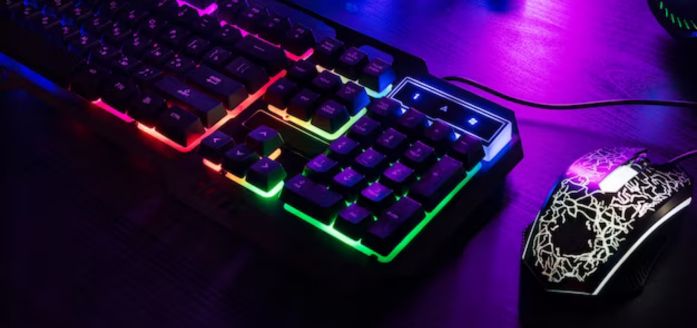
Demystifying Gaming Hardware Specs and Performance: A Comprehensive Guide
For many gamers, understanding gaming hardware specs and performance can feel like deciphering a complex code. With a plethora of technical terms and numbers to navigate, it's easy to feel overwhelmed. However, having a basic understanding of gaming hardware specs is crucial for making informed decisions when purchasing or upgrading gaming equipment. In this guide, we'll break down the essential components of gaming hardware and demystify their impact on gaming performance.
1. Central Processing Unit (CPU):
The CPU serves as the brain of your gaming PC, handling tasks such as game logic, physics calculations, and AI processing. When evaluating CPU performance, consider factors such as clock speed (measured in GHz), number of cores and threads, and cache size. Higher clock speeds and more cores generally result in better multitasking and overall performance, especially in CPU-intensive games or applications.
2. Graphics Processing Unit (GPU):
The GPU, or graphics card, is responsible for rendering images and generating the visuals you see on screen. When assessing GPU performance, look at factors such as GPU architecture, core count, memory bandwidth, and VRAM capacity. A higher-end GPU can deliver smoother frame rates, higher resolutions, and better graphical fidelity in games, making it essential for a satisfying gaming experience.
3. Random Access Memory (RAM):
RAM plays a crucial role in gaming performance by storing temporary data and allowing quick access to frequently used files and applications. When choosing RAM, consider factors such as speed (measured in MHz), capacity, and latency. More RAM allows for smoother multitasking and better performance in memory-intensive games, especially those with large open-world environments or detailed textures.
4. Storage:
Storage devices, such as Solid State Drives (SSDs) and Hard Disk Drives (HDDs), store game files, operating systems, and other data. SSDs offer faster load times and improved system responsiveness compared to HDDs, making them ideal for gaming. When selecting storage devices, consider factors such as read/write speeds, capacity, and durability to ensure optimal performance and reliability.
5. Power Supply Unit (PSU):
The PSU provides power to all components of your gaming PC, ensuring stable and reliable operation. When choosing a PSU, consider factors such as wattage, efficiency rating (80 Plus certification), and modular vs. non-modular design. A high-quality PSU with sufficient wattage and efficiency can protect your components from damage and ensure smooth and stable gaming performance.
6. Cooling System:
Effective cooling is essential for maintaining optimal performance and preventing overheating in gaming PCs. Consider investing in aftermarket cooling solutions such as air coolers or liquid cooling systems to keep your CPU and GPU temperatures in check during intense gaming sessions. Proper airflow and ventilation are also crucial for maximizing cooling efficiency and prolonging the lifespan of your hardware.
7. Motherboard:
The motherboard serves as the backbone of your gaming PC, providing connectivity and compatibility for various components. When selecting a motherboard, consider factors such as chipset, form factor, expansion slots, and connectivity options. A high-quality motherboard with ample connectivity and support for future upgrades can ensure smooth compatibility and reliable performance for years to come.
In conclusion, understanding gaming hardware specs and performance is essential for optimizing your gaming experience and getting the most out of your gaming PC. By familiarizing yourself with the essential components of gaming hardware and their impact on performance, you can make informed decisions when selecting, upgrading, or building your gaming rig. So, whether you're a casual gamer or a hardcore enthusiast, take the time to learn about gaming hardware and unlock the full potential of your gaming experience.
